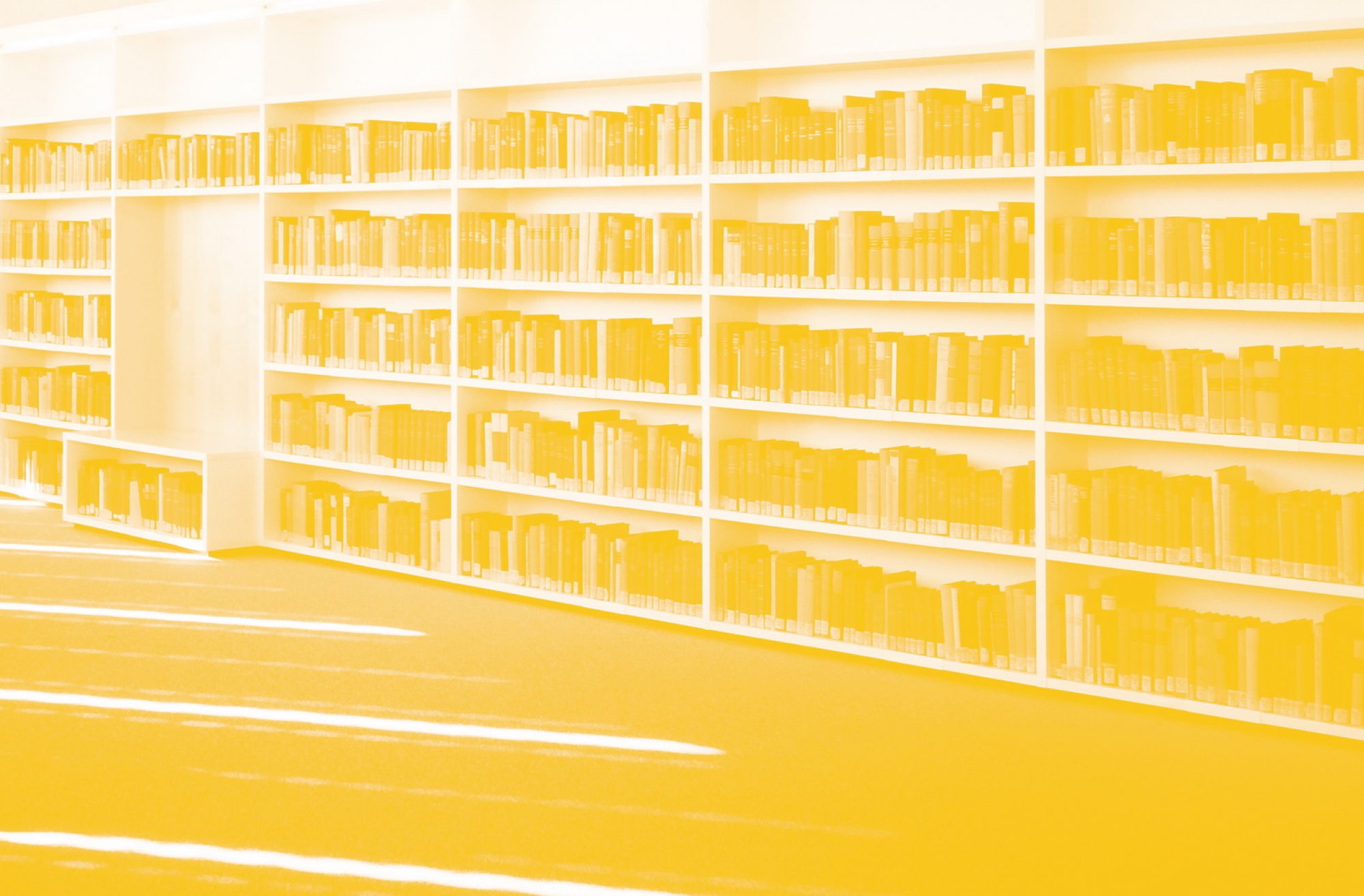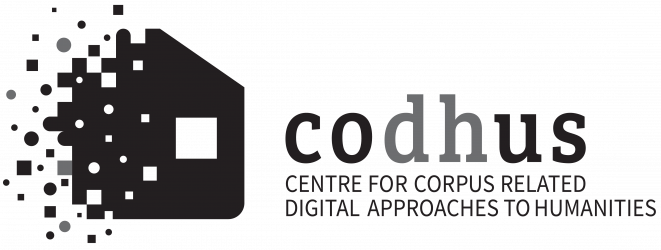21st-25th September 2021, conference presentation at EADH2021: Interdisciplinary Perspectives on Data, Krasnoyarsk, Russia
At the Second International Conference organised by the European Association for Digital Humanities (hybrid edition, Siberian Federal University, Krasnoyarsk, Russia), Roxana Rogobete and Mădălina Chitez delivered the paper titled Enabling digital humanities research skills through a new Romanian DH centre: the WUT case.
Abstract:
This contribution aims to offer an overview of a newly founded digital humanities centre in Romania, CODHUS (Centre for Corpus Related Digital Approaches to Humanities), which promotes the multidisciplinary use of digital methods related to corpus linguistics (https://codhus.projects.uvt.ro/?lang=en). Since Fall 2019, the centre develops both research studies, course implementation and testing of digital methods, tools for the humanities disciplines, useful for the academic staff, and performs workshops and training for students, in order to build a larger research community that is able to gain cross-disciplinary skills (see Chitez, Rogobete 2020). The COVID-19 pandemic challenged teachers and researchers to “migrate to online platforms” (Adedoyin, Soykan 2020: 1), but integrating new strategies and adapting the educational environment is always demanding. Thus, CODHUS brings a series of good practice examples (see Chitez, Rogobete, Foitoș 2020: 553-554), developed in order to enable digital humanities pedagogies and bring this field closer to the academic curricula within West University of Timișoara (WUT). By participating at practice stages and workshops developed by CODHUS, students from our Faculty (Letters, History and Theology) can thoroughly embrace the digital transformation that is desired at the institutional level. They become digital humanists “capable of ‘toggling’ between views of the data, zooming in and out, searching for large scale patterns and the focusing in on fine-grained analysis” (Burdick et al. 2012: 39).
The workshop from first semester is designed to introduce students to digital instruments useful for linguistic studies and discourse analysis, while n the second semester, the focus turns to literary studies and the corpora delivered to students are mainly collections of poetry (mainly Romanian authors).
Moreover, because the entire community is interested in applied topics, not only in theoretical one, the practice stages conducted by CODHUS have proven to be fructuous for students, since 70% of the participants in 2019-2020 have chosen the centre also in 2020-2021 or have been part-time hired within research projects developed by members of the faculty. CODHUS proves to be an institution that enables students to develop their digital skills not only in the educational context, but also in the field of research. Furthermore, the centre emphasizes the “relationship between the interpretative strategies that humanists employ and the tools that facilitate exploration” of texts and discourses “based on those interpretative strategies” (Schreibman et al. 2004: xxv).
Keywords: digital humanities, research centre, CODHUS, practice stages, workshops
Presentation excerpts:
More information about the event here.





